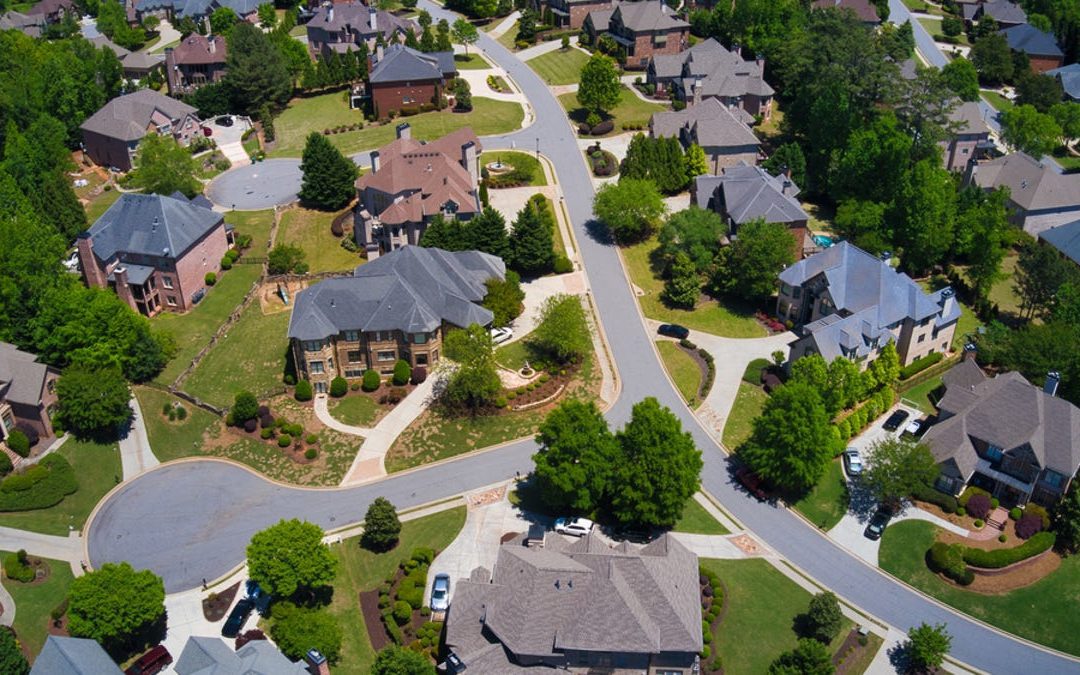Becoming a Black homeowner was already a difficult thing in this country. But, it might’ve gotten a little easier for homeowners in Illinois.
A new law has been passed that allows homeowners in the state to request to have racist language removed from their property deeds. The new law went into effect on Jan. 1 and the cost per request is $10, according to the New York Times.
The law is called Public Act 102-0110 and the language or clauses, known as racial restrictive covenant, were outlawed in 1968 under the Fair Housing Act. But, they still affect property documents across the country, all in an effort by the real estate industry, housing authorities and homeowners to prevent integration.
In other words, they don’t want Black folks in white neighborhoods.
From the New York Times:
One of the first people to request the modification in Illinois was Nicole Sullivan, who has been trying to change her deed since around 2011, when she bought a house in Lake County, in the northeastern corner of the state.
Ms. Sullivan’s homeowner’s association had sent her a copy of the deed, dated March 1929, to explain why she could not create a fenced-off area for her dog on the property.
She was intrigued by the document, then alarmed when she found a clause stipulating that the house could never be sold to or occupied by “any person or persons of the African or Negro, Japanese, Chinese, Jewish or Hebrew races, or their descendants.”
Ms. Sullivan, who is white, and a neighbor tried to have the language removed but kept hitting roadblocks. Eventually, they approached State Representative Daniel Didech, a Democrat from Buffalo Grove, who with State Senator Adriane Johnson, also a Democrat from Buffalo Grove, sponsored legislation to allow changes in the Illinois General Assembly. Gov. J.B. Pritzker signed the bill into law in July.
Ms. Sullivan, 41, said that the law change was largely a symbolic victory and that there was much more to do to improve housing equity in her community and across the United States, but she hoped the law would help make her neighborhood more diverse.
It is still unknown as to how many documents across the country still have racial covenants because those agreements are private. But, there have been local efforts across the country, especially in Cook County, to find these agreements and catalog them, according to the New York Times.
So for all those (delusional) people thinking this country’s past sins do not affect us now, they could not be more wrong.
According to the Times, there was a study by Lake Forest College that by the 1940s, 220 subdivisions in Cook County, Illinois had added racial restrictive covenants. Damn, that’s a lot.
But none of those property records were changed or modified before last week.
More from the New York Times:
Chloe Thurston, an assistant professor of political science at Northwestern University in Evanston, Ill., said the use of racial covenants expanded after a 1917 Supreme Court decision that made it illegal for cities to designate neighborhoods for specific racial groups, but they did not apply to private contracts.
Racial restrictive covenants were then used by realtors and federal housing authorities to prevent integration. In 1927, Nathan William MacChesney, a prominent lawyer, wrote a model racial restrictive covenant for the Chicago Real Estate Board that targeted only Black people. The Federal Housing Administration also recommended that racial restrictive covenants be included in homes that it insured.
In 1948, the Supreme Court made existing racial restrictive covenants unenforceable, but the ruling, Shelley v. Kraemer, did not entirely stop them from being used. Twenty years later, the Fair Housing Act made new covenants illegal.
Professor Thurston, who is the author of “At the Boundaries of Homeownership: Credit, Discrimination and the American State,” said it was worth asking whether the energy directed at changing laws to remove these unenforceable covenants came at the expense of tackling more urgent issues of housing equity.
Racial restrictive covenants, and other forms of housing discrimination such as redlining, shrank the housing supply for Black families and, as a result, their ability to pass down wealth to later generations, Professor Thurston said.
There is a longer legacy of other restrictive processes, she added, that is “not going to be addressed by simply removing language from a deed that most people don’t think about or see.”
Such private agreements with racial covenants need to be unveiled and outlawed in every state across the country.
This content was originally published here.

